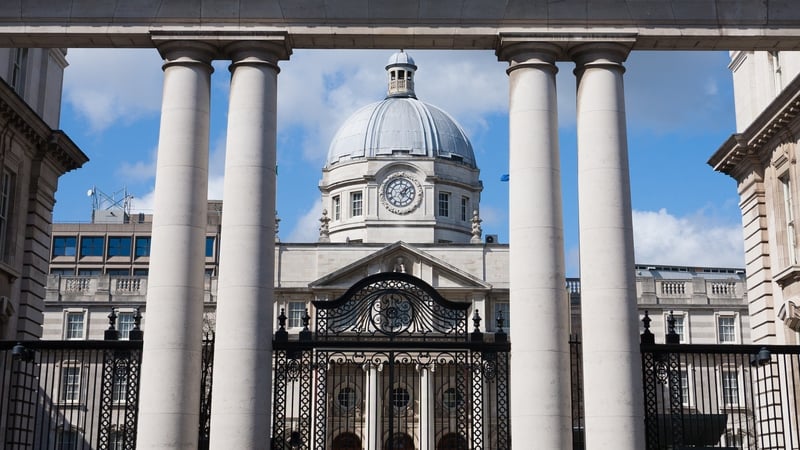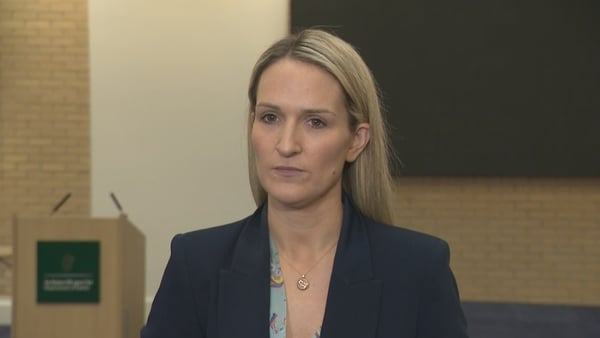The Minister for Justice has received approval from the Cabinet to begin repealing archaic censorship laws.
Helen McEntee told Government colleagues that in the almost 100 years of these laws being in place there has been a dramatic shift in societal values.
The current law still allows for the censorship and prohibition of books, magazines and newspapers that are considered indecent or obscene, or have too great a focus on crime.
The Censorship of Publications legislation was originally recommended by a body called "The Committee on Evil Literature", which had been appointed in 1926.
There have been changes over the years, which allow for the publication of information on contraception, abortion and divorce.
We need your consent to load this rte-player contentWe use rte-player to manage extra content that can set cookies on your device and collect data about your activity. Please review their details and accept them to load the content.Manage Preferences
However, Minister McEntee believes the Censorship Board is no longer appropriate in the present day.
It began operating in 1930 and during its lifetime has prohibited over 12,000 publications.
Repeal is now proceeding on the basis that there are robust powers in place to deal with the publication of threatening and abusive material.
The changes will not impact on the prosecution of offences for possession or publication of child abuse material.
Minister McEntee said: "I want to be clear that repeal will not impact on the prosecution of offences for possession or publication of child abuse material or for circulating threatening or abusive material.
"Rather, it is being done on the basis that there are other sufficiently robust statutory provisions in place to deal with these offences.
"There has been a particular focus in my department on this point, which will continue as Heads of the Bill are drafted.
"There is also a continuing need for effective regulation of on-line content as provided for in the Online Safety and Media Regulation Act 2022."
The department said the register currently contains nine books, with the earliest dating back to 1942 and the most recent from 2016.
There are currently 264 prohibited periodicals dating from the earliest in 1930 to the most recent in 2003.






